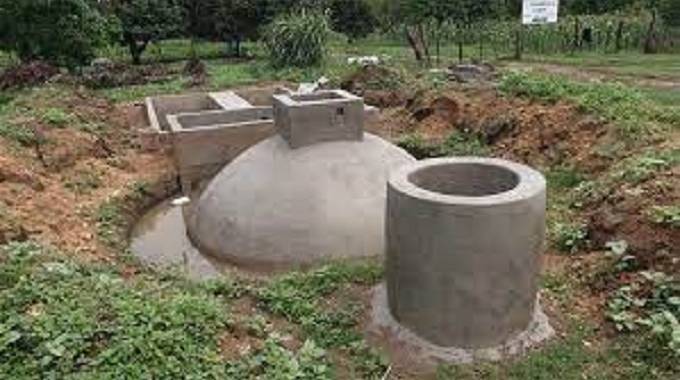
BY MELODY CHKONO THE Insurance and Pensions Commission (IPEC) has expressed concern over the failure by funeral assurers to set up reassurance arrangements, which has left them seriously exposed to risk.
Reinsurance is insurance bought by an insurance or assurance company to cover claims in times of distress while reinsurance risk retention measures planned acceptance of losses by deductibles.
This means that funeral assurers are left exposed to any form of risk.
As late as 2015, about 90% of funeral assurers in Zimbabwe did not have reinsurance as a risk management tool and to date the figure has shot to 100%.
However, the emergence of Covid-19 pandemic has weighed down on assurers, and their risk position has been worsening and reinsurance has remained a critical component in funeral assurance as Zimbabwe has also become prone to catastrophes.
In its Q1 Funeral sector report, Ipec said there was need to ensure that players are effectively reassured, so that they will manage to pay high claims in the event of catastrophes.
“All funeral assurers had no reassurance arrangements in place for the quarter ended 31 March 2022.
“The Commission is aware of various engagements which the sector is having with reassurers to ensure that there are suitable reassurance arrangements in place.
- Chamisa under fire over US$120K donation
- Mavhunga puts DeMbare into Chibuku quarterfinals
- Pension funds bet on Cabora Bassa oilfields
- Councils defy govt fire tender directive
Keep Reading
“The sector is however encouraged to expedite the process to ensure that players are effectively reassured, so that they will manage to pay high claims in the event of catastrophes, Ipec said.
Market watchers have in the past said embracing best practices such as consulting actuaries operating in the life space and taking on proper reinsurance arrangements would improve players’ underwriting capacity.
During the period, the industry’s average retention ratio increased slightly from 62.04% for the quarter ended March 31, 2021 to 62.15% for the quarter ended March 31, 2022.
This showed a slight increase in the average risk appetite by the direct short-term insurers while retention ratios for individual insurers ranged from 31,65% to 100%.
This is also coming at a time the regulator has said the sector should take all compliance issues seriously to avoid regulatory sanctions going forward.
“The funeral sector is urged to revisit its business model so that it deals with the compliance issues and increased competition from life assurers
“Amongst other things and this may also require funeral assurers to realign their balance sheets.” Ipec said.
During the period, investments in prescribed assets increased by 49.82% from $354.72 million as at 31 March 2021 to $531.45 million as at 31 March 2022.
Despite the increase in prescribed asset investments, Ipec said none of the nineteen short-term insurers was compliant with the minimum prescribed asset ratio of 10% as at March 31, 2022.
“Compliance with prescribed asset requirements remains significantly very low.” Ipec said.
The inflation-adjusted Gross Premium Written for the funeral assurance sector increased by 109% from $194 million reported for the three months ended
March 31, 2021 to $406 million for the three months ended March 31, 2022.









